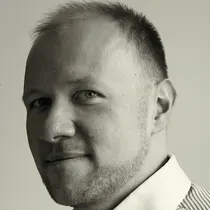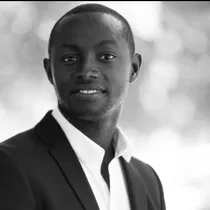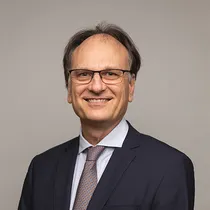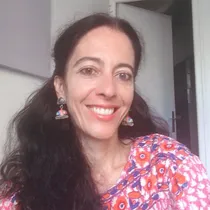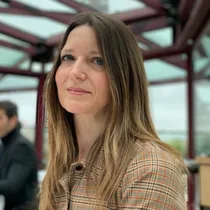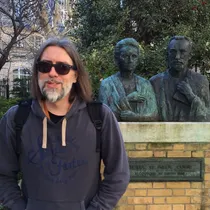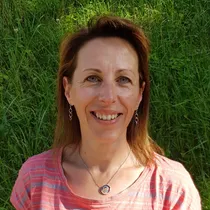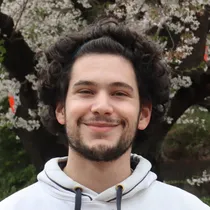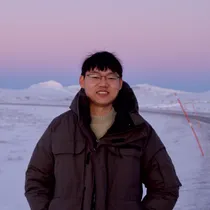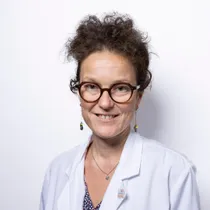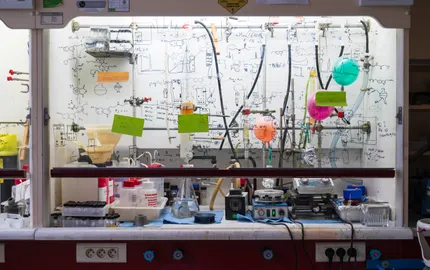Presentation
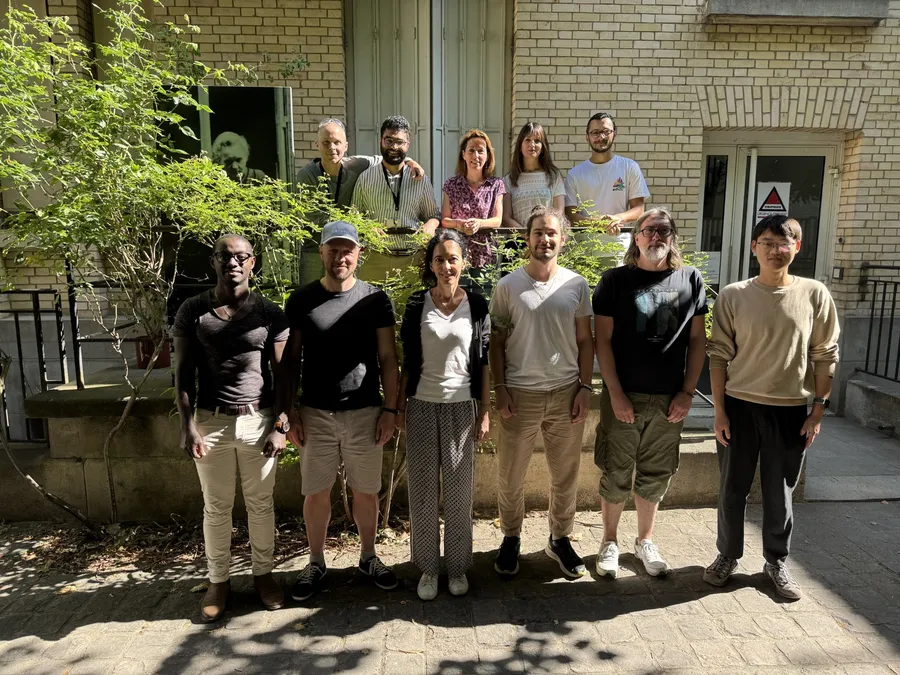
"Nature is dominated by chemically favoured processes. While biology is prone to evolution, universal principles of chemistry are not. It is my opinion that life has evolved mechanisms to circumvent undesired chemistry’’ -Raphaël Rodriguez-

Figure 1 | Central role of metal ions in inflammation, cancer and ageing
Research

We adopted ‘the small molecule approach’ to biology. We study cell biology at the molecular level using an integrated approach combining synthetic organic chemistry and molecular biology techniques. We custom design our probes to interrogate cell processes relevant to human diseases. Notably, we pioneered fluorescent tagging of small molecules in the cell by click chemistry to provide mechanistic insights. This, combined with multi-omics investigations has revealed previously uncharted molecular features of the cell that promote ‘disease-states’, while illuminating opportunities for small molecule intervention.
Cells can adopt distinct states independently of genetic alterations, a biological process commonly referred to as ‘cell adaptation’. Acquisition of distinct cell states is characterized by the upregulation of the plasma membrane glycoprotein CD44 in development, immunity and cancer. Although often described as a cell-surface marker, the molecular function of CD44 has remained elusive for half-a-century. Our lab found that CD44 mediates the uptake of specific metals, including copper and iron using hyaluronate carriers, in various tissue types. This glycan-mediated metal endocytosis mechanism enables immune cell activation and acquisition of a drug-tolerant state of cancer cells. Increase of copper (II) in mitochondria sustains NAD(H) redox cycling, promoting the production of metabolites that co-regulate the epigenetic programming of cell identity. In contrast, increase of iron in the cell nucleus fuels the activity of specific iron- and ketoglutarate-dependent demethylases, enabling specific transcriptional programs. We developed new classes of small molecules that selectively interfere with these metal-catalyzed chemical processes in cells. Inactivating mitochondrial copper (II) prevents acute inflammation in vivo demonstrating that control of cell adaptation confers therapeutic benefits. Pharmacological activation of lysosomal iron, on the other hand, induces ferroptosis in drug-tolerant persister cancer cells, impacting cancer progression. These findings illuminate the critical role of metal ions as regulators of cell adaptation, providing a blueprint for the development of next-generation therapeutics. We exploit universal principles of chemistry and the knowledge of biology to impact human medicine.

Figure 2 | Regulation of cell adaptation by metal ions. CD44-mediated endocytosis of copper and iron is upregulated in cancer and immune cells enabling adaptation. Copper (II) promotes metabolic rewiring required for epigenetic alterations. Iron unlocks specific transcriptional programs underlying the adaptation of cancer and immune cells. Targeting mitochondrial copper (II) provides control over cell adaptation. Targeting lysosomal iron enables modulation of ferroptosis vulnerability.
Key findings and innovations
• Role of metal ions as drivers of cell adaptation and cell death
• Metal uptake mechanism involving CD44 that drives cell adaptation
• Lysosomal iron as the trigger of ferroptosis
• Central role of copper in inflammation
• First-in-class small molecules to control cell adaptation and to induce ferroptosis

Figure 3 | Chemical synthesis of the phospholipid degrader fentomycin-1
Keywords
Small molecules, organic synthesis, iron, copper, traffic, signalling, metabolism, epigenetics, cell adaptation, cancer, inflammation, ageing








